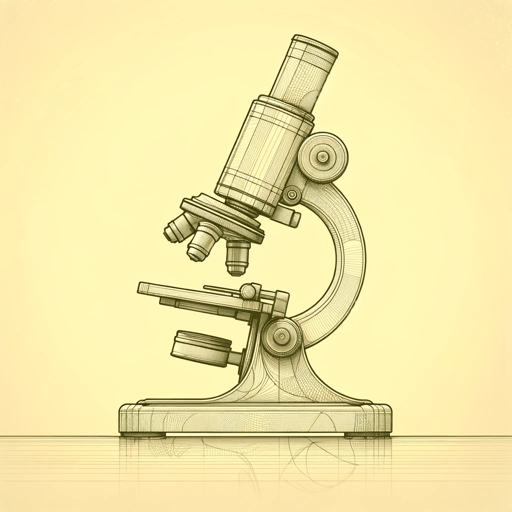80 pages • 2 hours read
John M. BarryThe Great Influenza
Nonfiction | Book | Adult | Published in 2004A modern alternative to SparkNotes and CliffsNotes, SuperSummary offers high-quality Study Guides with detailed chapter summaries and analysis of major themes, characters, and more.
Themes
The Triumphs and Limits of Science
In the Prologue Barry notes that “medicine is not yet and may never be fully a science” (6). But the book’s first sections trace the history of medicine, moving from the primitive pseudoscience of the Middle Ages to the rigorous, research-backed field it became by the beginning of the 20th century, which surely resembles a science. Such paradoxical thinking underscores the larger theme of the work. Where science had failed at advancing knowledge and methods in the 1800s, it also failed at “curing or preventing disease” (28). Yet a certain arrogance took hold of the field, as medical schools became more rigorous and physicians better trained. There was a certainty that researchers would uncover the secret of every disease. The influenza pandemic would prove that arrogance misguided, as scientists and physicians found no way of stopping the spread of the pandemic. Lab-grown bacteria did nothing to help the immediate treatment of the disease, and no vaccine proved effective. There were not enough physicians, and even well-trained ones came up with nothing to stop the suffering. Clearly, as Victor Vaughn noted, influenza had proved “medical science” was not “on the verge of conquering disease” (403).
The other dispiriting aspect of science, of course, was the fact that science was corrupted by World War I.


